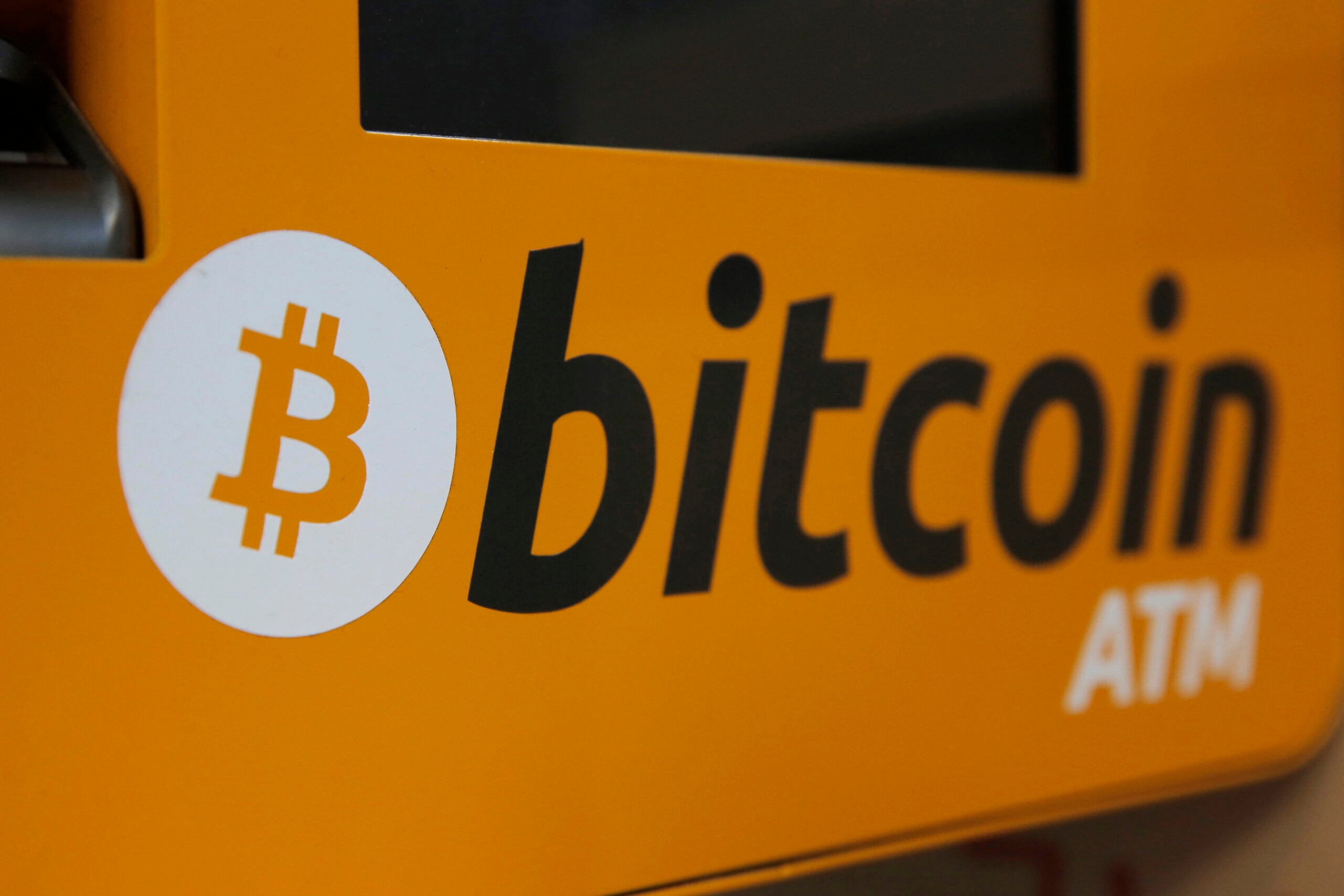Spam calls that use false or misleading caller ID to commit fraud would be prohibited under a bipartisan proposal in the Wisconsin Legislature.
The spam call bill would make a person or company pay a fine of up to $10,000 if they knowingly use inaccurate caller ID information, a practice known as “spoofing.”
Law enforcement or people following court orders allowing the use of inaccurate caller ID would be exempt.
News with a little more humanity
WPR’s “Wisconsin Today” newsletter keeps you connected to the state you love without feeling overwhelmed. No paywall. No agenda. No corporate filter.
At a public hearing earlier this month, the bill’s GOP authors said their plan will help prevent phone scams that disproportionately target elderly Wisconsinites.
“More than simply being a nuisance, these calls are often used in furtherance of scams, fraud and identity theft,” said Rep. Ty Bodden, R-Hilbert.
For example, a scammer could pretend to be calling from the Internal Revenue Service and ask a person for their Social Security number. They could seem to be calling from a bank in order to access account details. Or they could simply pick a recognizable area code so that a person answers an unknown number, presuming that it’s someone from their community.
The spoofing practice is “frighteningly easy” for bad actors to utilize, said Teresa Murray, who directs the Consumer Watchdog program at the Public Interest Research Group.
While there is limited research about the scope of spoofing specifically, Murray said that federal research shows that losses due to phone scams have skyrocketed in recent years. Nationwide, they jumped to $40 billion in 2022, up from $9 billion in 2018.
The Federal Communications Commission, or FCC, also values the time that Americans lose to spam calls at about $3 billion per year.
The Wisconsin proposal would add further restrictions on telecommunications practices that are already federally regulated. Phone providers are required to try to block automated scam phone calls — sometimes known as robocalls — and consumers can join the Do Not Call list, which companies are mandated to comply with.
Regulating peoples’ ability to block their phone numbers, as the Wisconsin bill does, goes a step further, Murray said.
“To the extent that, if this legislation were able to basically heighten awareness about this, then it might scare some of the bad guys into going away,” she said.
Taking steps to prevent phone scams
According to Murray, phone calls and texts are generally illegal if they’re:
- Pre-recorded telemarketing calls to a cell or home phone without written permission.
- Autodialed calls or texts to your cell phone without your verbal or written permission.
- Pre-recorded calls to your cell phone without your verbal or written permission.
- Calls aimed at deceiving or defrauding you.
- A telemarketing call, even from a live person, if you’re on the Do Not Call list.
Wisconsinites can currently report attempted scams and phone spamming by filing a report with the state Department of Agriculture, Trade and Consumer Protection and with the Federal Communications Commission, Murray said.
Consumers can also take proactive steps, she added, by not giving out their phone number, or registering a secondary phone number — such as a Google Voice number — when registering with businesses, stores or websites.
“The fewer people that I give out my phone number to, then that’s one less entity that I have to worry about a data breach,” she said.
Murray also encourages consumers to join the national Do Not Call registry, and to also file spam reports with that agency.
“If you’re on the Do Not Call list, and you get a telemarketing call from somebody that you didn’t give permission to call you, that’s illegal, and they should absolutely report that entity,” she said. “If we all kind of band together and take care of each other, then maybe we’ll bring about change.”
Wisconsin Public Radio, © Copyright 2025, Board of Regents of the University of Wisconsin System and Wisconsin Educational Communications Board.







